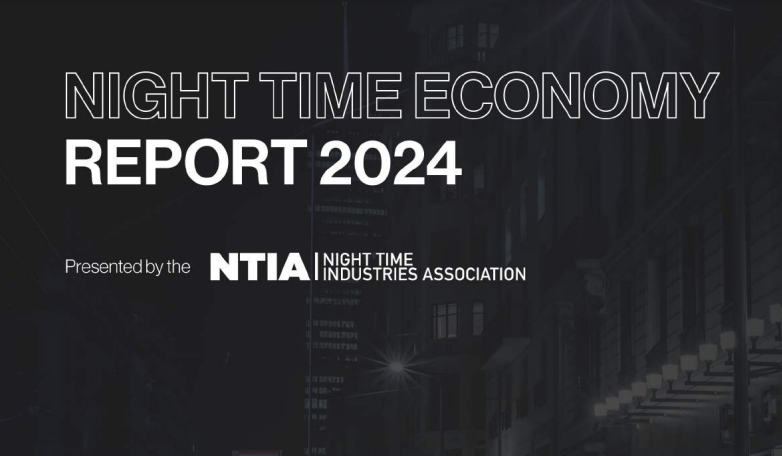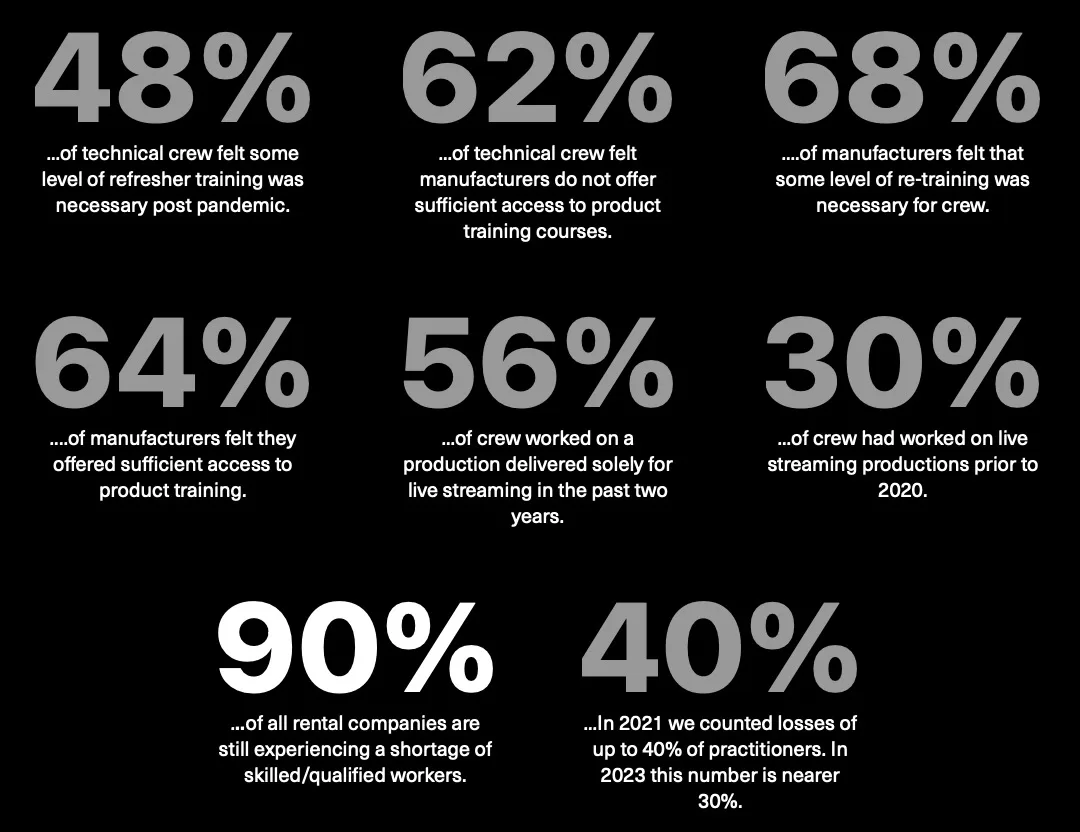
Night Time Economy Report 2024
Summary of Key Findings:
The report reveals a mixed picture of the UK Night-time Economy (NTE), where resilience battles against ongoing challenges:
Volume & Value of the UK NTE:
- Consumer spend in the UK Night-time Economy was £136.5bn in 2022, up from £95.7bn in 2021, showing a strong post-Covid desire to socialise.
- Adjusted for inflation, there has been no real growth in turnover over the last three years, despite the significant rise from £121.3bn in 2019.
- Due to the pandemic and inflation, the UK NTE has lost approximately £95bn, impacting investments in customer experiences, marketing, programming, and sector resilience.
- In 2022, £117bn was spent in England, £10.3bn in Scotland, £5.9bn in Wales, and £3.3bn in Northern Ireland within the NTE.
- The UK Night-time Cultural Economy was worth £33.3bn in 2022, up from £23.8bn in 2021, but down from £37.2bn in 2019, indicating a 36% reduction in absolute terms.
- The closure of underground clubs, grassroots music venues, and arts centres reflects the significant decline in the cultural economy.
Employment & Business Growth:
- Employment in the UK Night Time Economy (NTE) was 2.08 million in 2022.
- Within the NTE, the Night Time Cultural Economy (NTCE) sustains approximately 452,000 jobs.
- Employment has grown year-on-year in the NTE, except for 2020, surpassing 2019 levels by about 6%.
- Distribution of NTE jobs: Northern Ireland (40,000), England (1.83 million), Scotland (137,000), Wales (72,000).
- Total NTE businesses in the UK: approximately 149,000.
- Total NTCE businesses in the UK: around 36,000.
- Distribution of NTE firms: Scotland (12,600), Wales (4,800), Northern Ireland (2,735), England (130,000).
- Firm numbers in the UK NTE have been growing slowly.
Gross Value Added
- GVA generated by the UK’s Night Time Economy (NTE) sector was £43.5 billion in 2022, falling below the £47.5 billion recorded in 2019, especially when adjusted for inflation.
- This suggests that although the NTE sub-sector might seem to have recovered in 2022 in terms of consumer spending increases, its underlying fundamentals such as productivity and profitability remain constrained, indicating a sector that is still struggling.
Supply Chain
- Supply chain spending in the UK’s NTE (Night Time Economy) is crucial for supporting a multitude of specialist suppliers and freelancers.
- However, post-pandemic, spending on suppliers in the UK NTE has not returned to pre-pandemic levels.
- In 2019, spending on suppliers amounted to £57.8 billion, but by 2022, it decreased to £45.2 billion.
- This reduction in supply chain purchasing serves as a significant indicator of a sector attempting to cut costs.
- Despite a positive increase in consumer spending in 2022, it’s likely that much of this money was redirected towards repaying loans and rental back payments.
Future Trends in the NTE:
- Shift towards experience-led socialising emphasised across various venues and art forms
- Experience and setting now crucial factors in socialising preferences
- Experiential activities now closely intertwined with social media, influencing younger audience choices
- Generation gap evident in preferences; younger demographics challenging traditional socialising models
- Artistic excellence alone insufficient to attract audiences; cultural venues facing challenges
- Technology playing a significant role in shaping and consuming nighttime experiences






 [contact-form-7 id="322" title="Contact us"]
[contact-form-7 id="322" title="Contact us"]